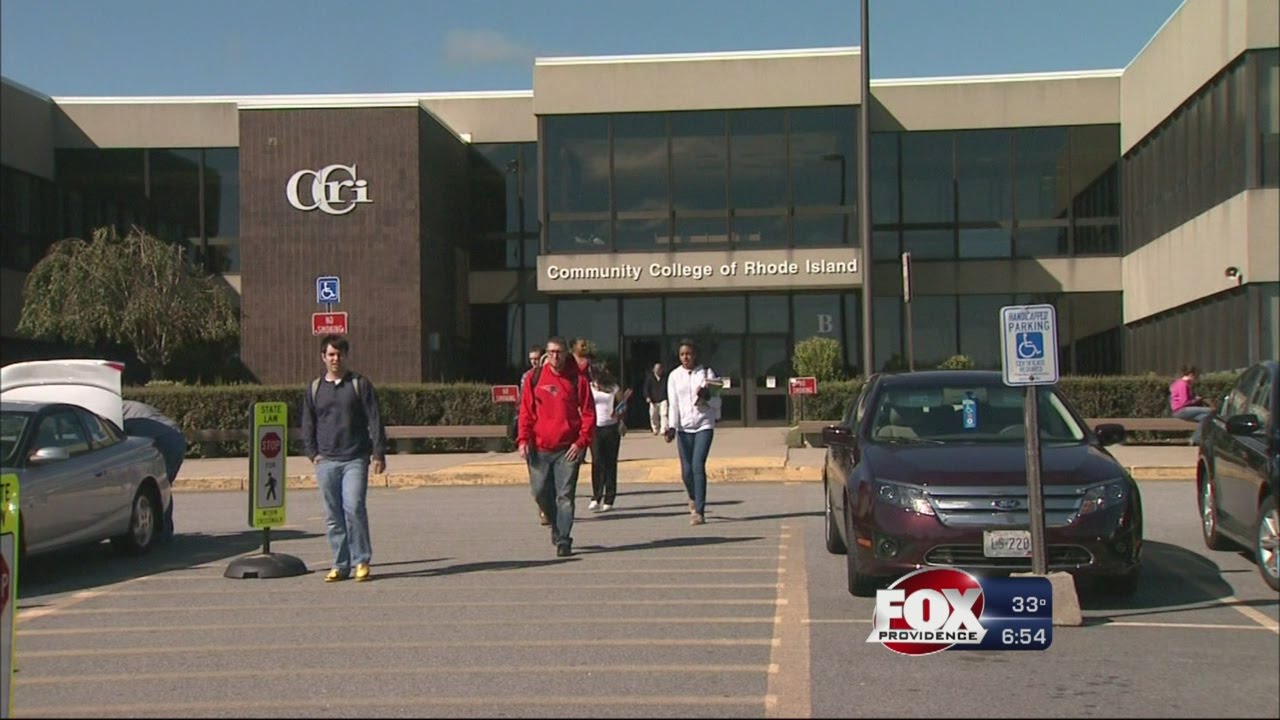Introduction to Rhode Island State Colleges
Rhode Island is home to several state colleges that provide quality education and training to thousands of students each year. These institutions play a vital role in the state’s higher education system and contribute to the development of a skilled workforce. The state colleges in Rhode Island include the University of Rhode Island (URI), Rhode Island College (RIC), and the Community College of Rhode Island (CCRI). They offer a wide range of academic programs, from liberal arts to professional studies, catering to the diverse needs and interests of students.
Overview of Funding for State Colleges
Funding is crucial for the operation and growth of any educational institution, and Rhode Island state colleges are no exception. These institutions rely on various sources of funding, including state funds, tuition fees, federal grants, scholarships, private donations, and corporate sponsorships. Each of these funding sources plays a significant role in ensuring the financial stability and success of the state colleges.
State Funding for Rhode Island State Colleges
The primary source of funding for Rhode Island state colleges is state appropriations. The state government allocates a certain amount of its budget each year to support the operations, faculty salaries, infrastructure development, and maintenance of these institutions. These funds are essential in maintaining the quality of education and ensuring that the state colleges can continue to provide affordable education to Rhode Island residents.
Role of Tuition in Funding State Colleges
Tuition fees paid by students also contribute significantly to the funding of Rhode Island state colleges. Students are required to pay tuition to attend these institutions, which helps cover a portion of the operating costs. The amount of tuition varies depending on factors such as residency status, degree program, and credit load. However, it is vital to strike a balance between making education affordable for students and generating sufficient revenue to support the colleges’ expenses.
Federal Funding for Rhode Island State Colleges
Rhode Island state colleges also receive federal funding through various programs and grants. The federal government provides financial assistance to these institutions to support research initiatives, faculty development, student aid programs, and infrastructure improvement projects. These funds are highly competitive, and state colleges need to submit grant proposals and meet specific requirements to secure federal funding.
Grants and Scholarships for State College Funding
In addition to federal grants, Rhode Island state colleges actively seek grants and scholarships from other sources to diversify their funding. These grants and scholarships can come from private foundations, corporations, non-profit organizations, and individual donors. State colleges have dedicated offices and staff members who work tirelessly to identify and apply for grants and scholarships that align with their mission and goals.
Fundraising Efforts by Rhode Island State Colleges
Fundraising plays a crucial role in bridging the gap between limited state funding and the financial needs of Rhode Island state colleges. These institutions organize fundraising events, campaigns, and initiatives to engage alumni, community members, and businesses in supporting their academic programs and scholarships. Fundraising efforts often include alumni donations, annual giving campaigns, sponsorships, and partnerships with businesses and organizations.
Endowments and Donations for State College Funding
Endowments and donations from individuals, alumni, and corporations are another significant source of funding for Rhode Island state colleges. These generous contributions are typically invested, and the returns generated provide long-term financial support to the institutions. State colleges actively seek donations and encourage alumni to contribute to the endowment funds, which can be used for scholarships, research, faculty support, and other vital initiatives.
Private Funding for Rhode Island State Colleges
Private funding from individuals, foundations, and philanthropic organizations also plays a significant role in supporting Rhode Island state colleges. These institutions actively seek partnerships with private entities who share their vision and goals. Private funding can be in the form of direct donations, grants, sponsorships, or collaborative projects that benefit both the college and the funding entities.
Corporate Sponsorships for State College Funding
Corporate sponsorships provide financial support to Rhode Island state colleges while offering businesses opportunities for brand visibility and engagement with the student population. State colleges often collaborate with corporations for research projects, internships, and workforce development programs. In return, the businesses can gain access to a talented pool of students and contribute to the success of higher education in Rhode Island.
Impact of Budget Cuts on State College Funding
Budget cuts can have a significant impact on the funding of Rhode Island state colleges. When the state government faces financial constraints, it may reduce the amount of funding allocated to these institutions. Budget cuts can lead to faculty layoffs, reduced course offerings, outdated infrastructure, and limited resources, ultimately affecting the quality of education and the overall student experience.
Future Outlook for Rhode Island State College Funding
The future outlook for Rhode Island state college funding is a mix of challenges and opportunities. As the state continues to face budget constraints, state colleges will need to explore alternative funding sources, such as grants, donations, and partnerships. Collaboration with the private sector and leveraging alumni networks will be crucial in ensuring financial stability and supporting the growth and development of these institutions. Additionally, state colleges will need to continuously advocate for increased state funding and demonstrate their value to policymakers and the community to secure the necessary resources for providing quality education and training to Rhode Island students.




